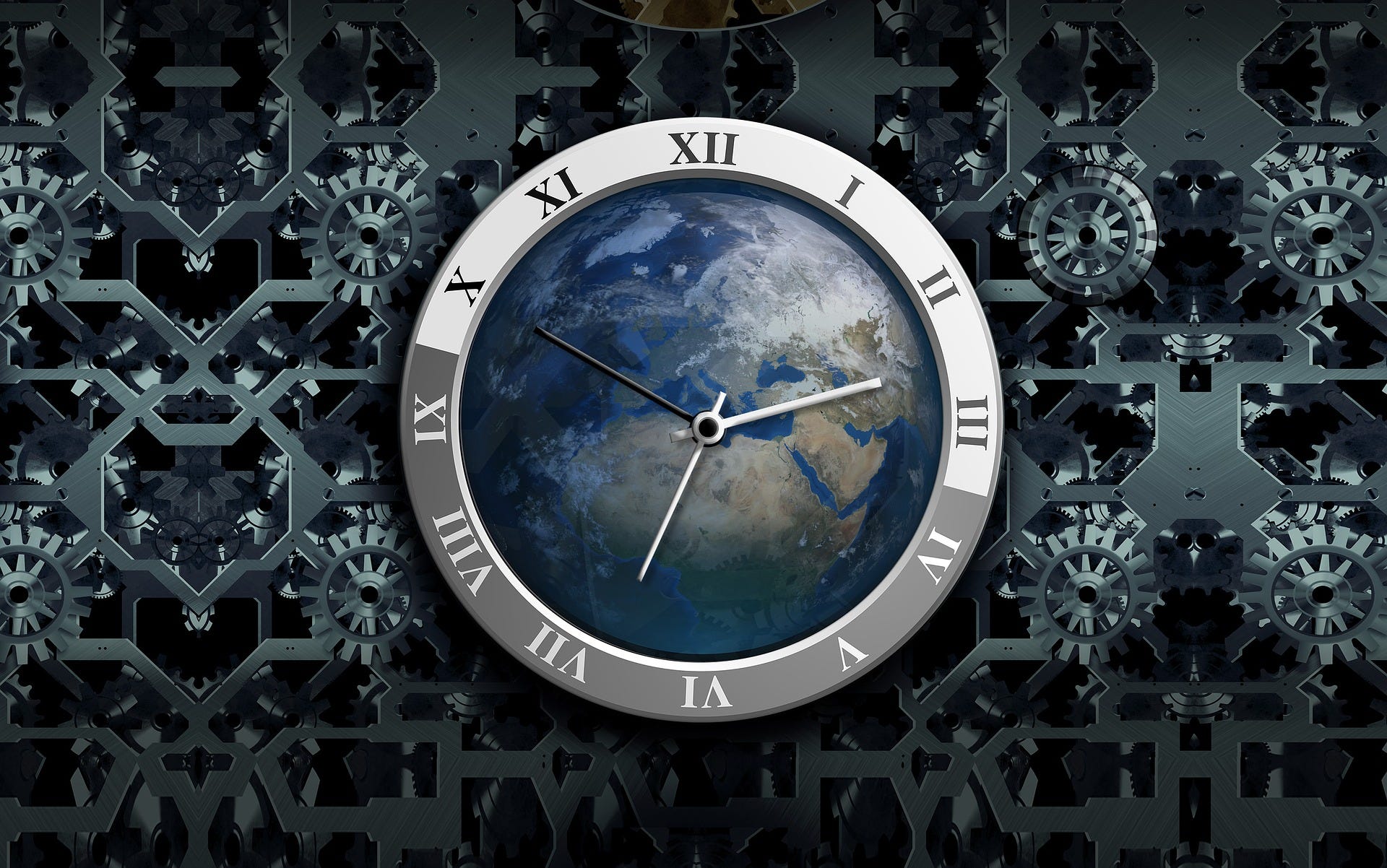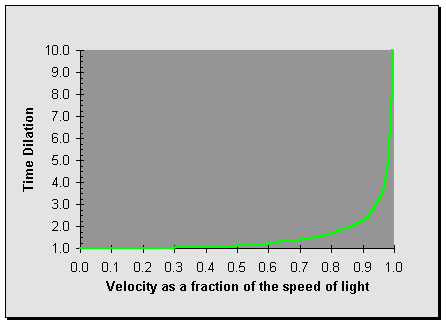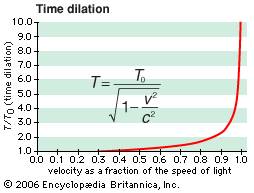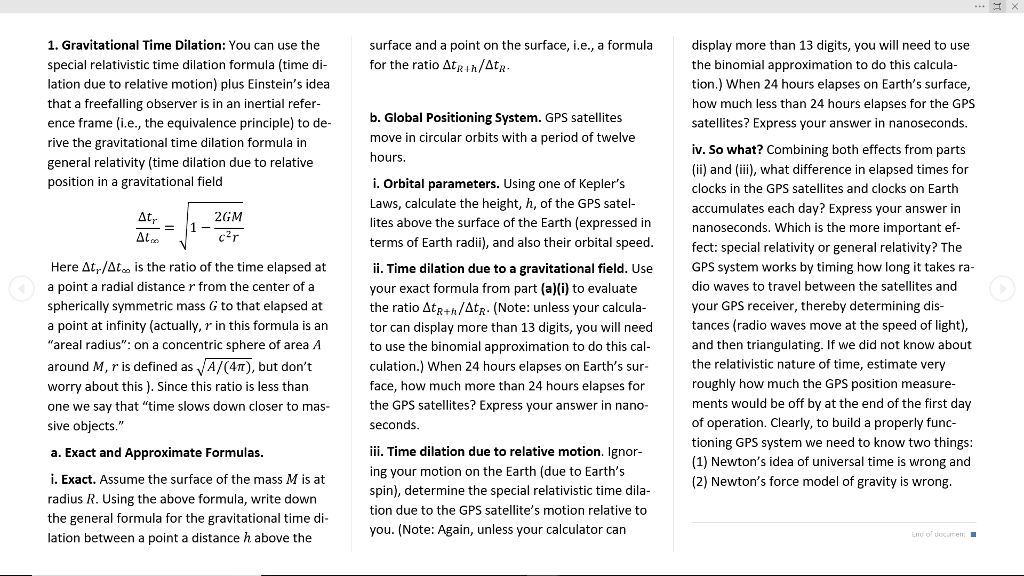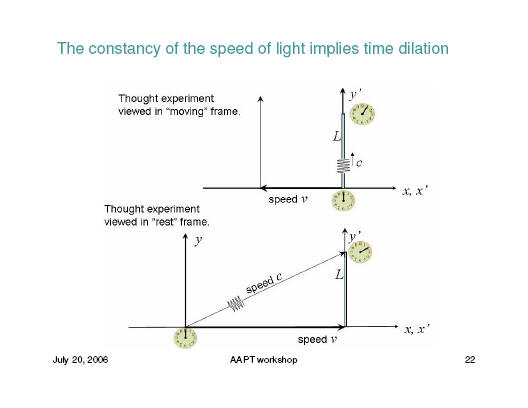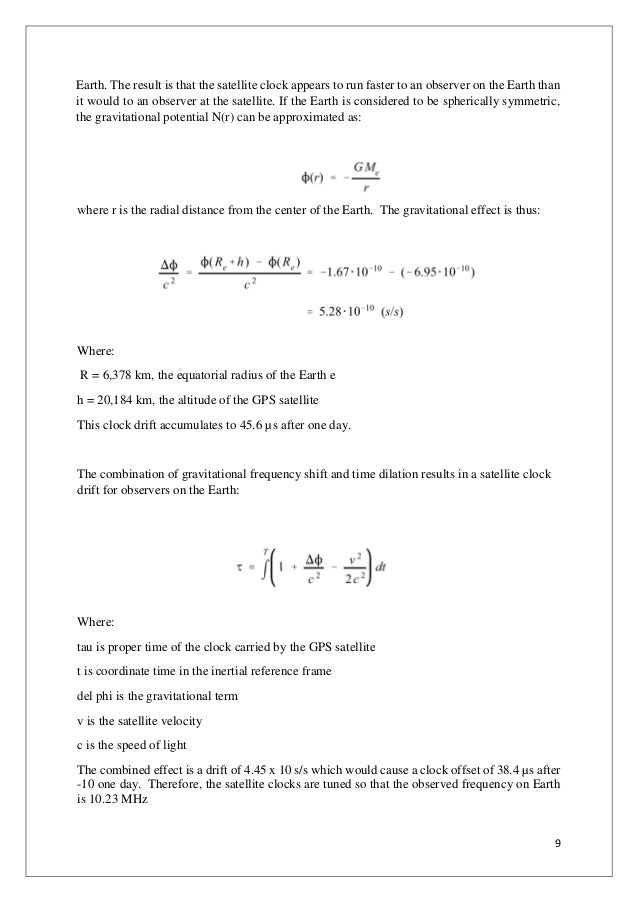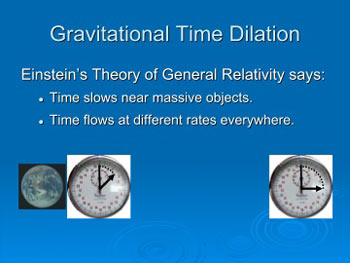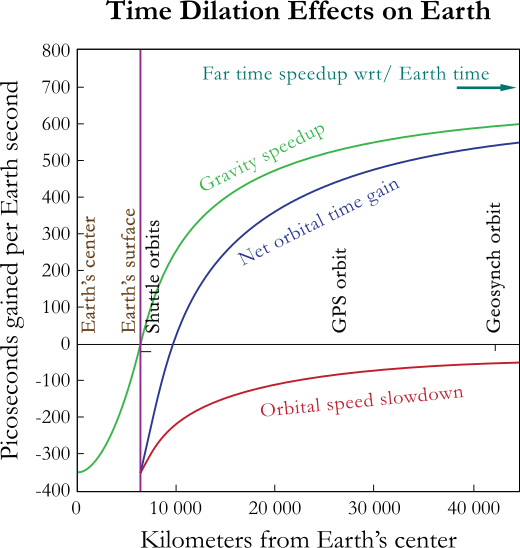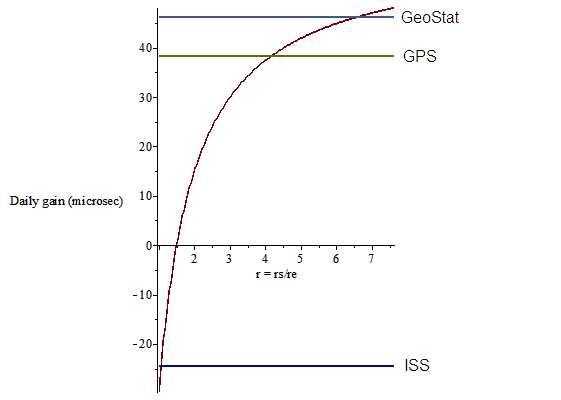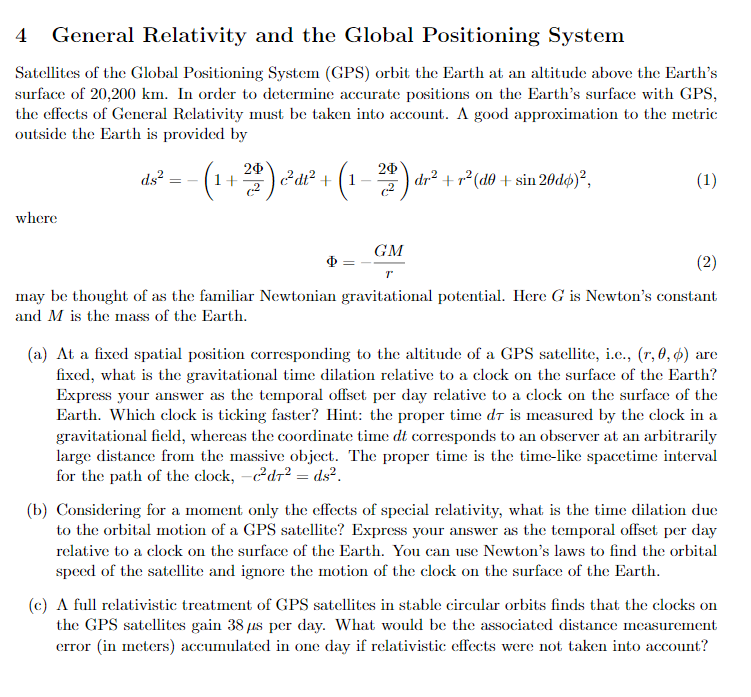Gps Clocks Time Dilation
Nothing about gravitational time dilation.
Gps clocks time dilation. A second inertial observer who is in relative motion. The combination of these two relativitic effects means that the clocks on board each satellite should tick faster than identical clocks on the ground by about 38 microseconds per day 45 7 38. In special relativity an observer in inertial i e nonaccelerating motion has a well defined means of determining which events occur simultaneously with a given event. Part 2 gps and relativity time dilation so good it needs clock corrections part 3 atomic clock collecting hobby going to extremes at home part 4 project great a diy gravitational time dilation experiment.
For example at the iss time goes slower lagging approximately 0 01 seconds behind for every 12 earth months passed. The clocks on these satellites tick faster than the clocks on earth s surface so scientists have put a correction into the satellite programs to ensure that the gps data sent. For gps satellites to work they must adjust for similar bending of spacetime to coordinate properly with systems on earth. Time dilation in the theory of special relativity the slowing down of a clock as determined by an observer who is in relative motion with respect to that clock.
We can use equation 2 to determine the impact of gravitational time dilation on the clock frequency at different distances from the center of a gravitational field. Secondly the gps engineers had realized that clocks at higher altitude. But for a gps another form of time dilation is also in effect because the fact that the satellite is in motion changes the clocks as well. Therefore as gps satellites measure the time it s messages take to reach you and come back it is important to account for the real time that the signal takes to reach the target.
Two kinds of time dilation. Gr predicts gps satellites gain 45 microseconds a day. The effect of gravitational time dilation can even be measured if you go from the surface of the earth to an orbit around the earth. Gr predicts that time passes more slowly in a gravitational field.
Because of time dilation the atomic clocks on the gps satellites run faster than those on the ground by enough that the gps system must account for the difference. Global positioning system gps satellites are positioned about 12 550 miles above earth s surface and therefore are not as close to earth s gravitational field. A calculation using general relativity predicts that the clocks in each gps satellite should get ahead of ground based clocks by 45 microseconds per day. This form of time dilation goes such that the faster.








